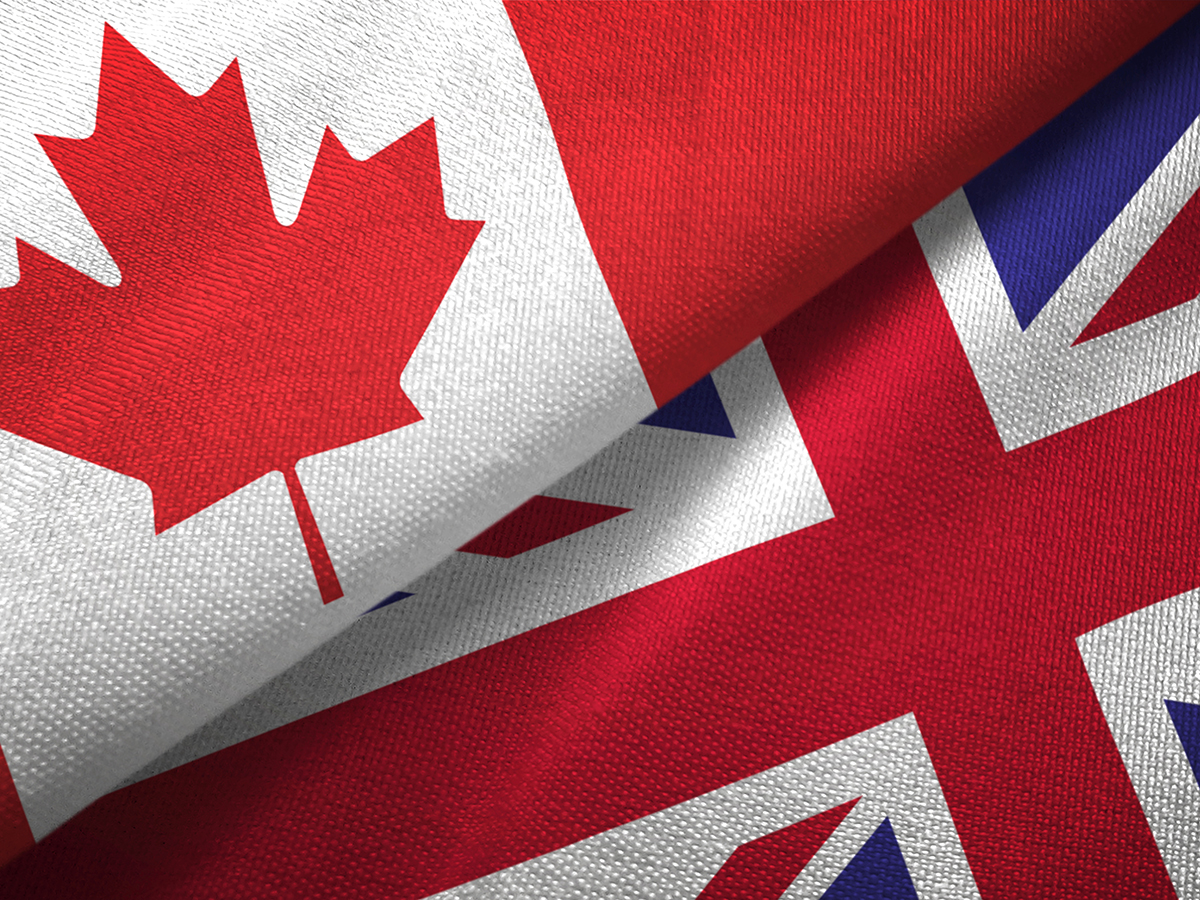LONDON, U.K. (Reuters) — Any hope that Britain and Canada may soon return to the trade talks table dimmed last week when the U.K. environment and farming minister reiterated his government’s plans to take a hard line on food imports.
Steven Reed said the United Kingdom will not sign trade deals with potential suppliers that open the way for food imports that are produced in a way that would be illegal for the country’s farmers.
“We will not undercut standards in trade deals. The previous government did that with the Australia deal to the fury of the sector and we have ruled that out,” Reed told the National Farmers’ Union’s annual conference.
Read Also

Canada told trade crisis solutions in its hands
Canadians and Canadian exporters need to accept that the old rules of trade are over, and open access to the U.S. market may also be over, says the chief financial correspondent for CTV News.
Reed said the import of hormone-treated beef, for example, would not be allowed.
Both Britain and the European Union currently ban the import of beef produced using growth hormones, which are given to cattle in some producing countries, including Canada.
“I know that if British farmers and producers compete on a level playing field, they can win, but if that playing field is unbalanced, they are at a huge disadvantage,” he said.
The issue has been a sticking point between the U.K. and Canada and is partially blamed for the derailing of trade talks between the two countries.
In January 2024, after free trade discussions came to a halt, a spokesperson for the British government posted on X that they “reserve the right to pause negotiations with any country (Canada) if progress is not being made.”
From January to November 2024, British companies shipped $39 million worth of beef to Canada, which was up 174 per cent from 2023, when the United Kingdom exported $14 million in beef to Canada in the same time period.
Meanwhile, Canada did not export any beef to Britain from January to November last year, says Statistics Canada.
The trade discrepancy has infuriated Canadian cattle producers, who launched a campaign to keep the U.K. out of the Comprehensive and Progressive Agreement for Trans-Pacific Partnership.
Ralph Goodale, Canada’s high commissioner to the U.K., told Politico last month that U.S. president Donald Trump’s tariff talk could be an opening for the two countries to resume trade discussions.
“We now have both a great opportunity and a great reason to work really hard at trade diversification,” he said.
“It would be helpful to take another go at that (Canada-U.K. trade) and see what we can accomplish in the shortest possible time.”
During his appearance at the NFU’s annual conference, Reed was asked about the import of sugar produced using neonicotinoid pesticides that are now banned in Britain.
“We now need to go back and look at the trade deals because they need to line up with our commitment to not undercut U.K. producers,” he said, adding it was a work in progress.
NFU president Tom Bradshaw highlighted the issue during his speech at the conference.
“What the previous government did with signing these early trade deals, forcing us to compete against food produced to lower standards, was unworkable and wrong,” Bradshaw said.
“This new government has the opportunity to set a new course.
Meanwhile, the European Union announced last month it is planning tougher restrictions on imported crops treated with pesticides banned in Europe, a move that would impact suppliers, including Canada.

















